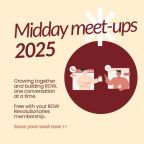The event management world is no stranger to burnout. Known for its unyielding deadlines and high standards, it can be relentless with little room for error.
In this candid interview, Chris Randle, a seasoned event industry professional, opens up about his experience of working in the industry, the burnout "line", and the hard-learned lessons he lives by now.
His story is part of Revolutionaries of Wellbeing's 100 Conversations About Burnout project, which aims to shine a light on this pressing issue in high-stress industries.
Events Industry Still Recovering from Pandemic
While COVID-19 all but "decimated" the event management industry, its recovery to full throttle has been far from a smooth ride. The pandemic caused widespread cancellations, job losses, and uncertainty, leaving the industry reeling. Now, as professionals return, Randle says they are having to contend with increased workloads and heightened pressure.
And the road to recovery is ongoing, with staffing shortages and tighter deadlines pushing teams to their limits.
"I see people working harder instead of smarter, which is problematic," Randle says.
The competitive market has also led to unhealthy work practices, while financial pressures have put a strain on work-life balance.
But even before the pandemic, some challenges were hard-baked into the event management industry. As Randle puts it, "The deadline is always the deadline."
"They won't be able to change when the Olympics starts," he says.
These relentless pressures and unrealistic expectations have contributed to a growing concern about burnout within the industry, with Randle’s own experiences reflecting what many experience in this demanding line of work.
Want to read more?
Sign in below if you're a Revolutionary (member).
Not a member yet?
Join in seconds! Just $10/month (+ any tax).
Cancel anytime.
Be a revolutionary and join now










